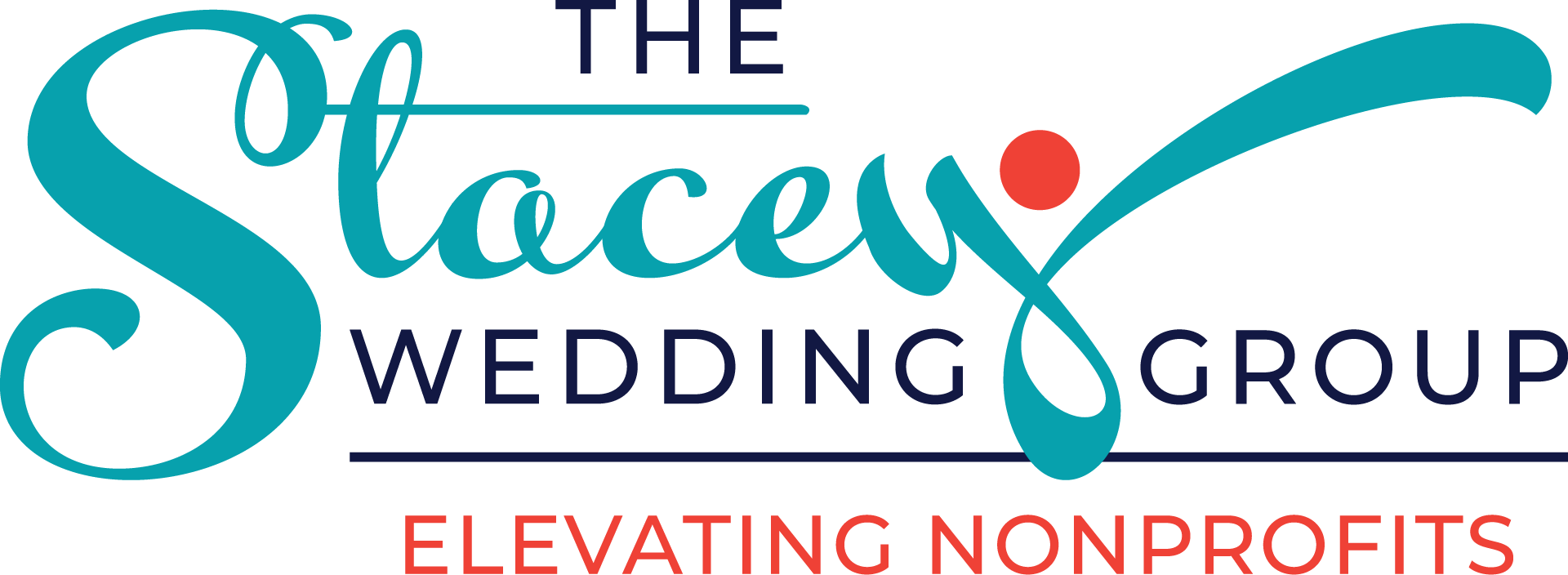In a recent blog update, we mentioned a brilliant Health Psychologist from Stanford University, Kelly McGonigal, Ph.D. While we’re still reeling from the way she blew our minds about the reality of stress–and our really lousy attitudes about stress–we’re wondering, “What more could she possibly offer the world of Philanthropy and Nonprofits?”
Apparently, a lot.
In that same TED Talk, McGonigal goes on to explain that there are other mechanisms performed by our bodies’ stress-response, and these mechanisms help us to survive our crazy, stressful lives. In particular, our body produces oxytocin—a substance McGonigal affectionately called the “cuddle hormone.” This is not to suggest that your less-than-cuddly partner or neighbor is hormonally imbalanced (although I wouldn’t rule it off the table). It simply tells us what happens in our brains when we hug, cuddle and kiss. We release oxytocin, and it fuels our desire to be closer to other human beings.
As oxytocin drives our desire to develop closer social relationships, it also binds to our heart–not in the emotional sense, I mean to the muscle here–as it binds it heals any arterial damage caused by severe stress. When you find that you are stressed, you seek social comfort, and it heals your heart–literally and figuratively.
The same physiological response that occurs when someone consoles YOU, occurs when you console someone else. That’s right. Science is showing that individuals who feel they engage in high amounts of service for others (who also feel that their service amounts to good), are less likely to suffer the negative consequences of stress. This should be no surprise–because it feels so good to serve–but it kind of is. Not only is service emotionally and spiritually healing, it’s physically healing, too.
Here at PiP, we love to do good. In fact, we loved it so much we decided to make a career out of it. It’s nice to know that doing good makes a difference–emotionally and physically–not only to us, but to the people we help. It’s also kind of comforting to know that we aren’t alone in this. There are millions of others who have made careers of doing good or who make service an essential part of their lives. We’ve always believed that giving back has more benefits than you know; it just turns out that those benefits may be for you.
